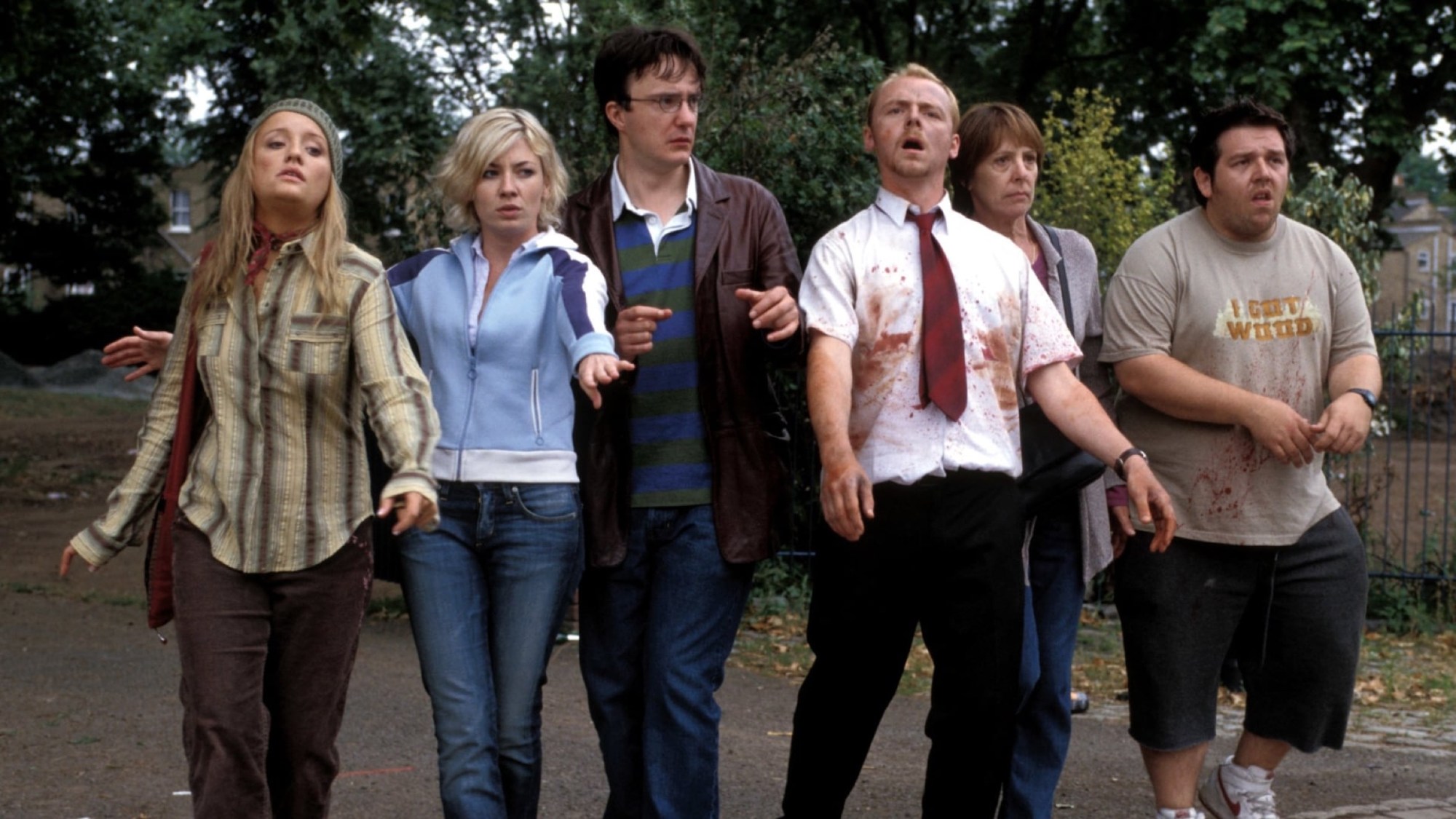The title of Duke of York has become vacant following controversies surrounding Prince Andrew. His association with the late convicted sex trafficker Jeffrey Epstein has led to widespread public and institutional disapproval. Although Andrew retains the title, both the royal family and the citizens of York have expressed a desire for a new figure to represent them.
York, located in northeast England, is steeped in history, having origins that date back to Roman times. The city is known for its medieval walls, the impressive York Minster, built in the 13th century, and a vibrant local culture featuring over 100 pubs. However, the absence of a duke is seen as a blow to the city’s civic pride, especially as other regions such as Wales continue to maintain their own dukedoms.
Historically, the title of Duke of York has been held by notable figures, starting with Edmund of Langley in 1385. Several Dukes of York went on to become kings, showcasing the importance of the role within the British aristocracy. With the current vacancy, speculation surrounds potential candidates to take on this prestigious title.
The requirements and responsibilities of being a duke remain somewhat ambiguous, particularly given the circumstances surrounding Andrew’s tenure. The royal title, often associated with nobility and privilege, comes with expectations of dignity and moral integrity. The recent controversies suggest that these standards have not been upheld.
As discussions regarding Andrew’s future continue, there is growing interest in who might fill the role of Duke of York. The process by which a new duke is appointed remains unclear, but the royal family is likely to consider public sentiment as they move forward. The potential for a new figure to embody the values and aspirations of York could serve to restore the title’s significance.
For those who might be interested in the intricacies of noble etiquette, addressing a duke requires specific formalities. A letter should begin with “My Lord Duke” and include references to “Your Grace” throughout, reflecting the respect that comes with such a title. This formal language contrasts sharply with the more casual interactions typically seen in everyday correspondence.
As the situation develops, the people of York and the royal family will be watching closely to see who might emerge as the next Duke of York, an individual who could ideally help heal the wounds caused by recent events.







